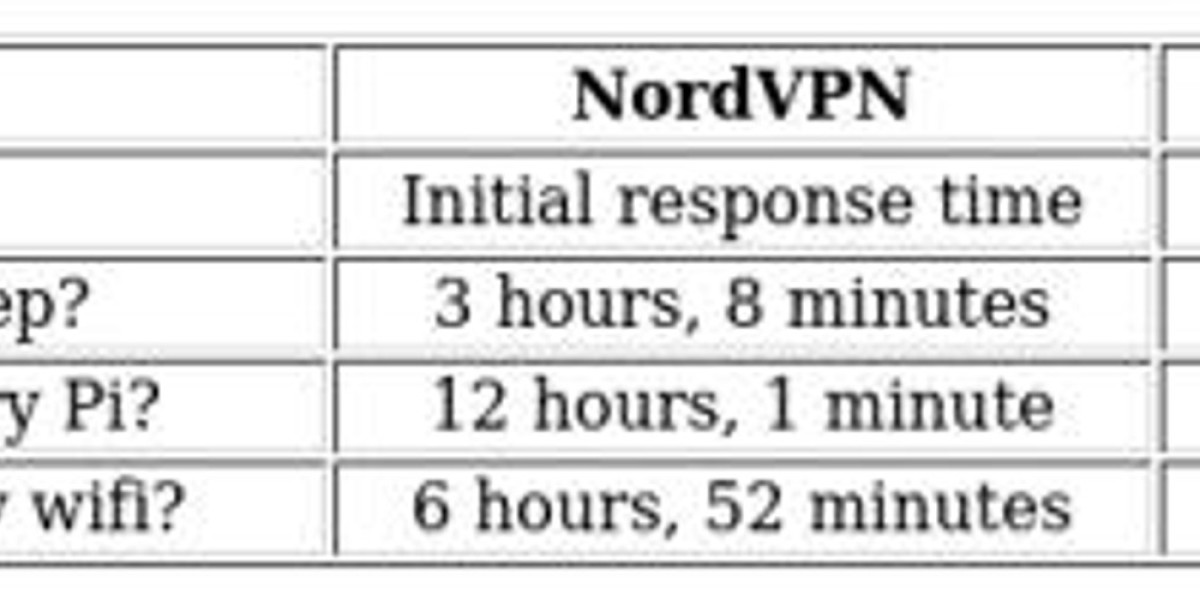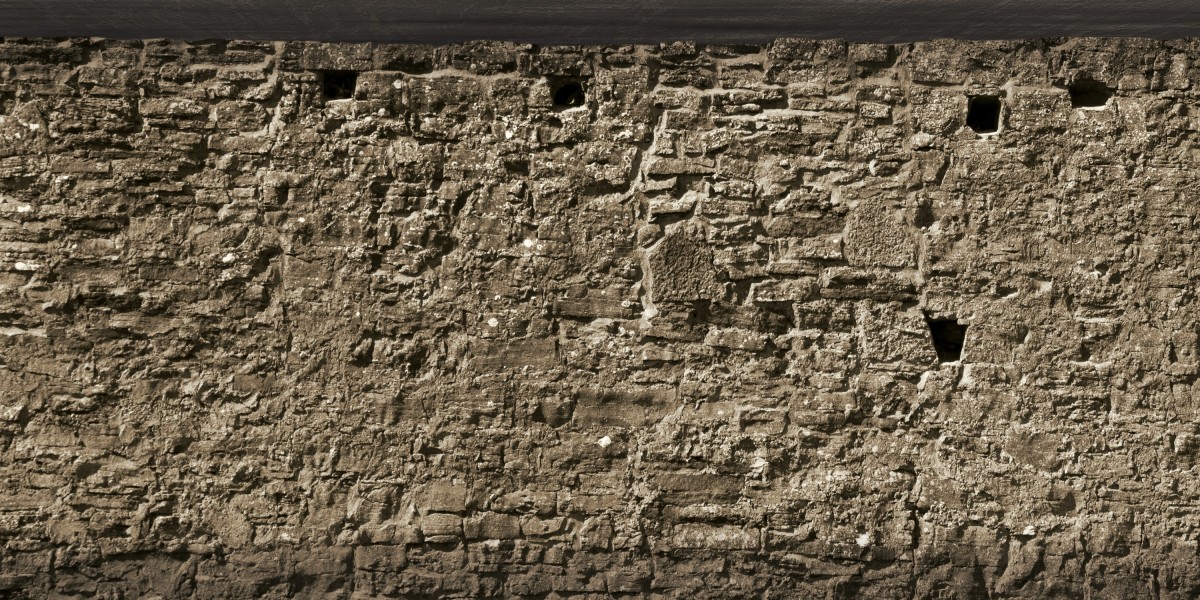In today’s fast-paced healthcare environment, efficiency, accuracy, and patient-centered care have become more important than ever. With growing patient volumes and increasing administrative demands on healthcare providers, medical scribe work has emerged as a vital support system in modern medical practice. By assisting healthcare professionals in documenting patient encounters, medical scribe services help streamline operations, improve data accuracy, and enhance the overall quality of care.
Enhancing Efficiency in Medical Practice
One of the most significant benefits of medical scribe services is their ability to enhance efficiency in a clinical setting. Physicians often spend a large portion of their day entering data into electronic health records (EHRs), which can be time-consuming and detract from direct patient care. Medical scribes take on this critical administrative task, allowing physicians to focus on diagnosing and treating patients.
With the support of a trained medical scribe, clinicians can maintain a smoother workflow. Documentation is completed in real-time during patient encounters, reducing delays in charting and ensuring that important clinical details are accurately recorded. This increased efficiency can lead to shorter patient wait times, faster follow-ups, and a more organized clinical environment.
Improving Accuracy in Patient Records
Accurate medical documentation is crucial for providing high-quality healthcare. Errors in medical records can lead to misdiagnoses, delayed treatments, or complications in patient care. Medical scribe services play a key role in maintaining data accuracy. By documenting patient information under the supervision of healthcare providers, scribes ensure that all details, from medical histories to lab results and prescriptions, are properly recorded.
The role of a nursing scribe complements this effort by focusing specifically on nursing-related documentation. Nursing scribes assist in capturing vital signs, patient progress, medication administration, and other essential nursing details. This dual support system—physician and nursing scribes—creates a more comprehensive and precise medical record, ultimately enhancing patient safety and care quality.
Supporting Physicians and Nurses
The administrative burden on healthcare professionals is significant, often contributing to stress and burnout. By utilizing medical scribe services, hospitals and clinics can alleviate some of these pressures. Physicians no longer need to divide their attention between patient care and meticulous note-taking, while nurses can rely on nursing scribes to manage routine documentation tasks.
This support allows medical staff to dedicate more time to direct patient interactions, improving communication, fostering trust, and strengthening the patient-provider relationship. In turn, this can lead to higher patient satisfaction, better adherence to treatment plans, and more positive outcomes.
Facilitating Training and Education
Medical scribes also serve an educational role. Many scribes are pre-medical or nursing students seeking real-world clinical experience. By working alongside healthcare professionals, scribes gain exposure to medical terminology, clinical workflows, and patient care practices. This hands-on experience is invaluable for students aspiring to enter healthcare professions, giving them practical skills and a clearer understanding of clinical environments.
Furthermore, having scribes in a training role benefits medical teams by providing additional attention to detail and up-to-date support in documentation practices, ensuring that both medical and nursing staff can work more effectively.
Adapting to Digital Health Systems
As healthcare increasingly relies on digital tools and electronic records, the role of medical scribes has expanded. Scribes are not only transcribing notes but also navigating complex EHR systems, coding information accurately, and assisting with digital workflows. Their expertise helps healthcare facilities maximize the potential of technology while minimizing errors or inefficiencies associated with electronic documentation.
Conclusion
Medical scribe work has become indispensable in today’s medical environment. Through medical scribe services and the specialized contributions of nursing scribe, healthcare providers can improve efficiency, enhance accuracy, reduce administrative burdens, and provide better patient care. Moreover, scribes offer valuable educational opportunities for aspiring healthcare professionals, preparing the next generation of doctors and nurses to thrive in increasingly complex healthcare systems.
In essence, medical scribes are the unsung heroes of modern medicine, ensuring that healthcare professionals can focus on what truly matters—delivering high-quality care to patients while maintaining organized and accurate medical records.





